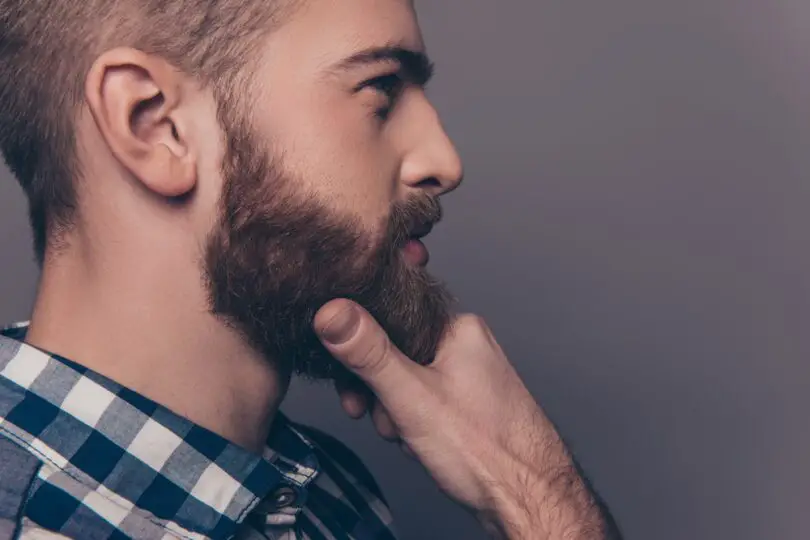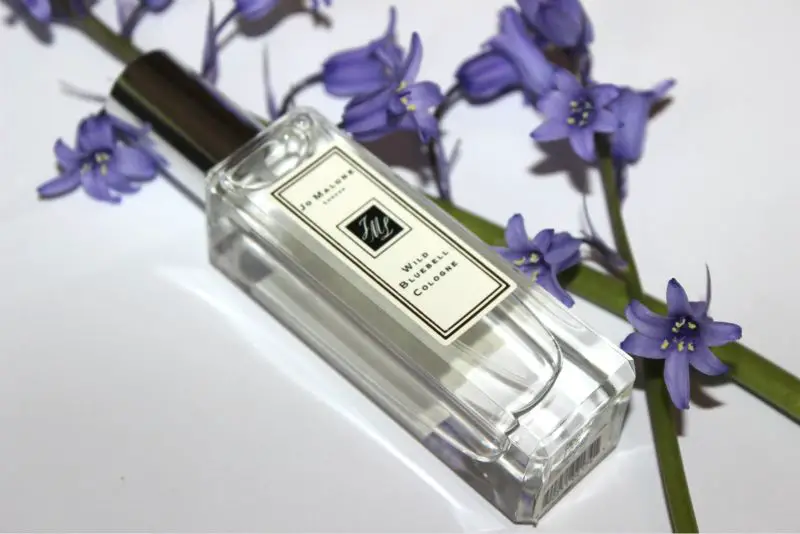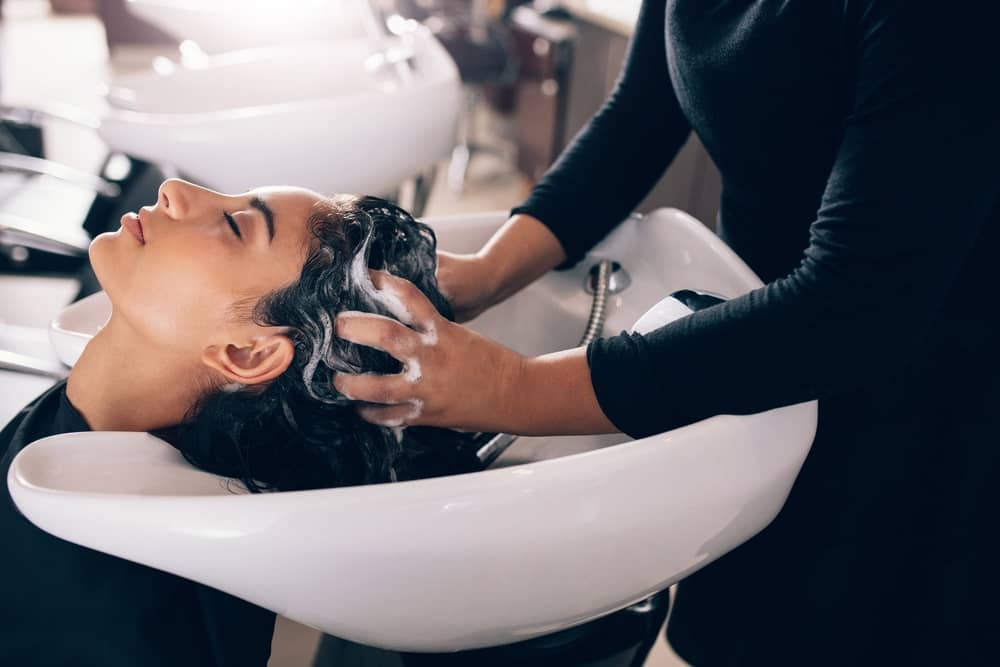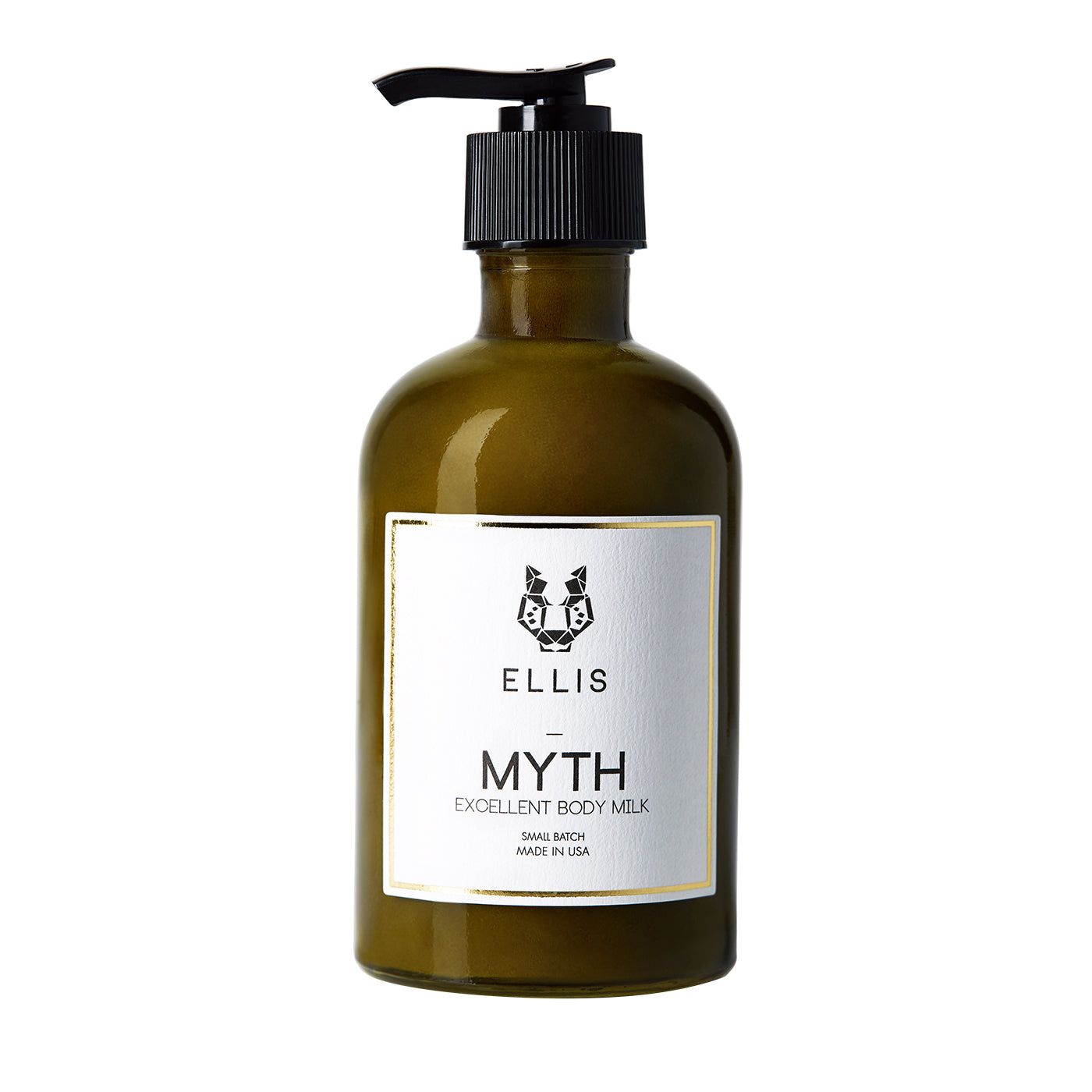When it comes to grooming tips and home remedies, the internet is full of fascinating claims. One of the more eyebrow-raising myths circulating in certain corners of social media suggests that performing oral sex on women, colloquially known as “eating coochie,” can help grow facial hair. But does this claim hold any weight, or is it just another wild theory best left to the annals of internet absurdity? Let’s break down the science, social context, and origins of this myth.
The Origins of the Myth
It’s unclear exactly where or when the idea that “eating coochie” leads to a fuller beard originated. It seems to have gained traction through memes, urban legends, and the unrelenting curiosity of online forums. Like many other viral ideas, this one appears to be a mix of humor, bravado, and good ol’ internet speculation. It plays into the stereotype of virility and masculinity, connecting sexual prowess with physical traits like facial hair growth.
The Science of Facial Hair Growth
To assess the validity of this claim, it’s crucial to understand how facial hair actually grows. The primary driver of facial hair growth in men is testosterone, a hormone that plays a key role in the development of secondary sexual characteristics, including the growth of body and facial hair. Genetics also play a significant role—some people naturally grow thicker, fuller beards, while others may struggle to grow more than patchy stubble.
In general, there are three main factors that affect facial hair growth:
- Hormones: Testosterone levels influence the thickness, speed, and density of facial hair growth. Higher testosterone levels may lead to a thicker beard, though even men with average testosterone levels can grow facial hair depending on their genetic makeup.
- Genetics: Your beard-growing ability is often inherited. If men in your family sport full beards, there’s a higher chance that you will be able to grow one as well.
- Health and Nutrition: A healthy diet, good sleep, and proper skin care can optimize hair growth, but there is no miracle food or activity that will single-handedly lead to a thicker beard.
Does Oral Sex Boost Testosterone?
The claim that performing oral sex can stimulate facial hair growth hinges on the idea that sexual activity—particularly oral sex—might raise testosterone levels. While it’s true that sexual activity can cause temporary spikes in testosterone, these increases are brief and unlikely to significantly impact long-term facial hair growth.
There is no scientific evidence supporting the notion that oral sex has a unique effect on testosterone levels or facial hair growth. Hormonal changes resulting from sexual activity are short-lived and not substantial enough to alter your facial hair growth in any noticeable way.
Debunking the Myth
So, does eating coochie help grow facial hair? The short answer is no. While engaging in sexual activity may have various health benefits, such as reducing stress and promoting emotional well-being, it has no direct link to stimulating beard growth. Facial hair is influenced by hormones, genetics, and overall health, none of which are significantly impacted by performing oral sex.
Moreover, the myth perpetuates a narrow view of masculinity and grooming by associating sexual behavior with physical traits, which can be problematic. It’s essential to recognize that beards, like many aspects of our bodies, are unique to each individual. Trying to force a connection between sexual activity and physical appearance is not only scientifically unfounded but can also reinforce harmful stereotypes about masculinity.
Taking Care of Your Beard the Right Way
If you’re interested in growing a fuller beard, there are legitimate methods to improve your facial hair game:
- Proper Grooming: Regularly wash and condition your beard to keep it clean and healthy. Use beard oils to moisturize and soften the hair.
- Balanced Diet: Make sure you’re eating a diet rich in proteins, healthy fats, and vitamins like biotin, zinc, and vitamin E, all of which contribute to healthy hair growth.
- Exercise and Sleep: Both contribute to your overall health, which in turn can support beard growth. Exercise boosts circulation and may slightly raise testosterone levels, while good sleep helps your body recover and function at its best.
- Patience: For many men, growing a beard simply takes time. Be consistent with your grooming routine and allow your facial hair to grow out naturally.
Conclusion
In the realm of bizarre internet myths, the idea that “eating coochie” can grow facial hair is one for the books. While it may sound intriguing or amusing, it’s entirely unsubstantiated by science. Facial hair growth depends on factors like hormones, genetics, and overall health—not sexual practices. So, if you’re looking to grow a beard, focus on proven methods like proper grooming, a healthy lifestyle, and patience rather than chasing internet myths.









I found this very helpful and will be sharing it with my friends.
This is exactly what I was looking for. Thanks for the useful information.